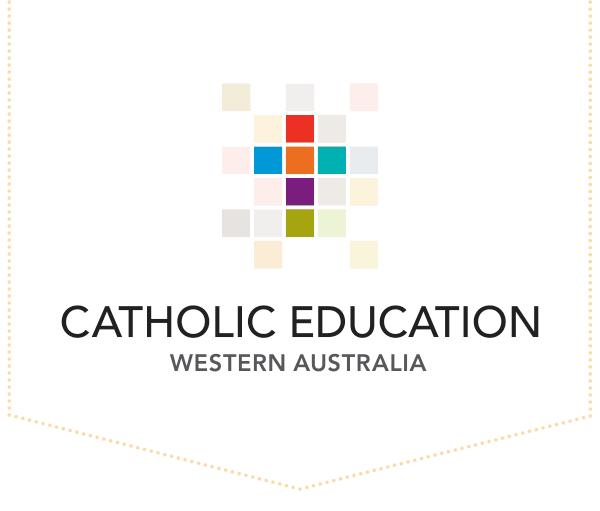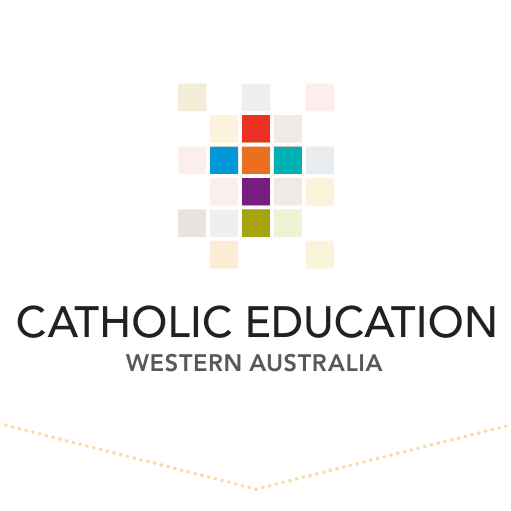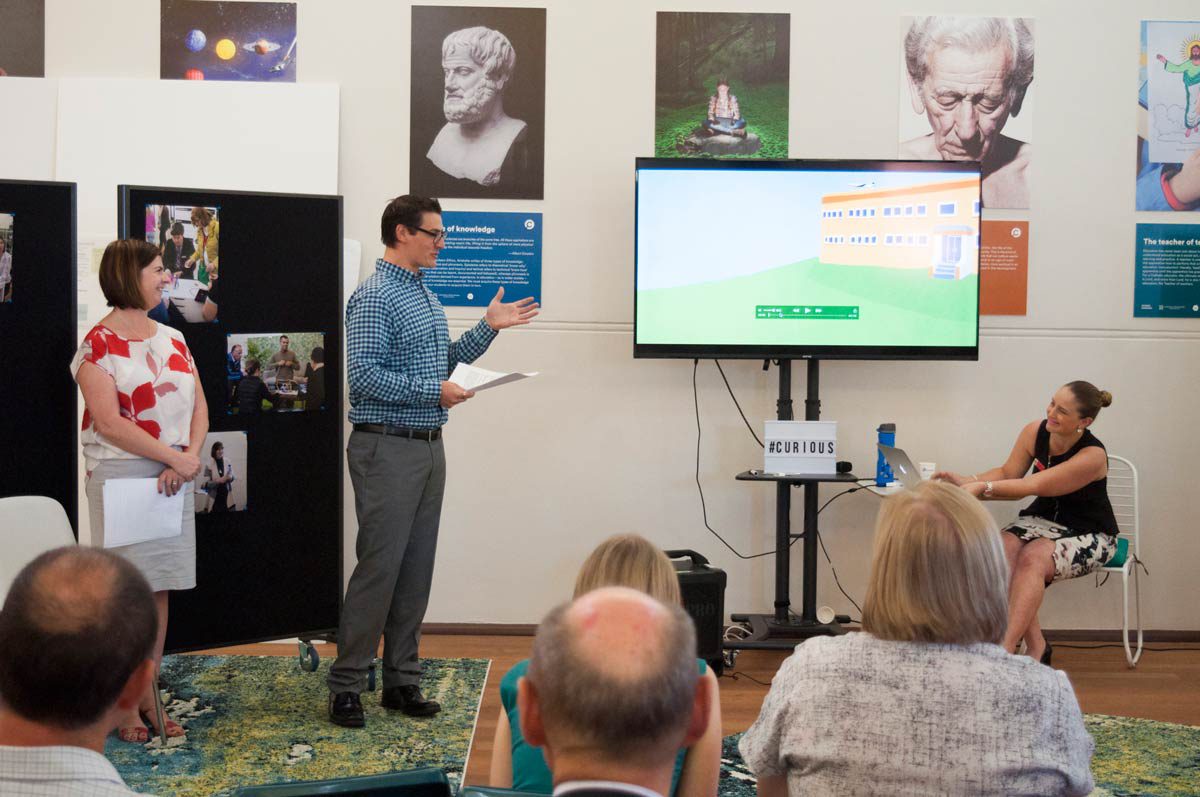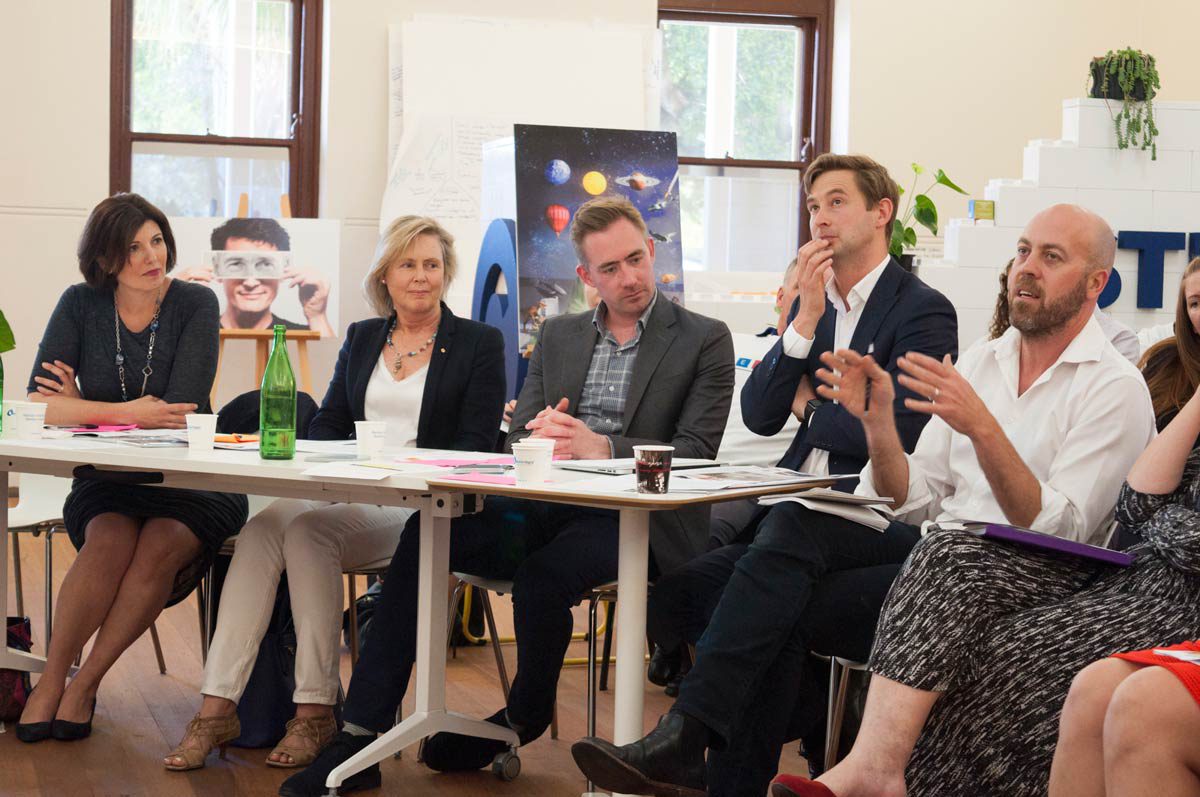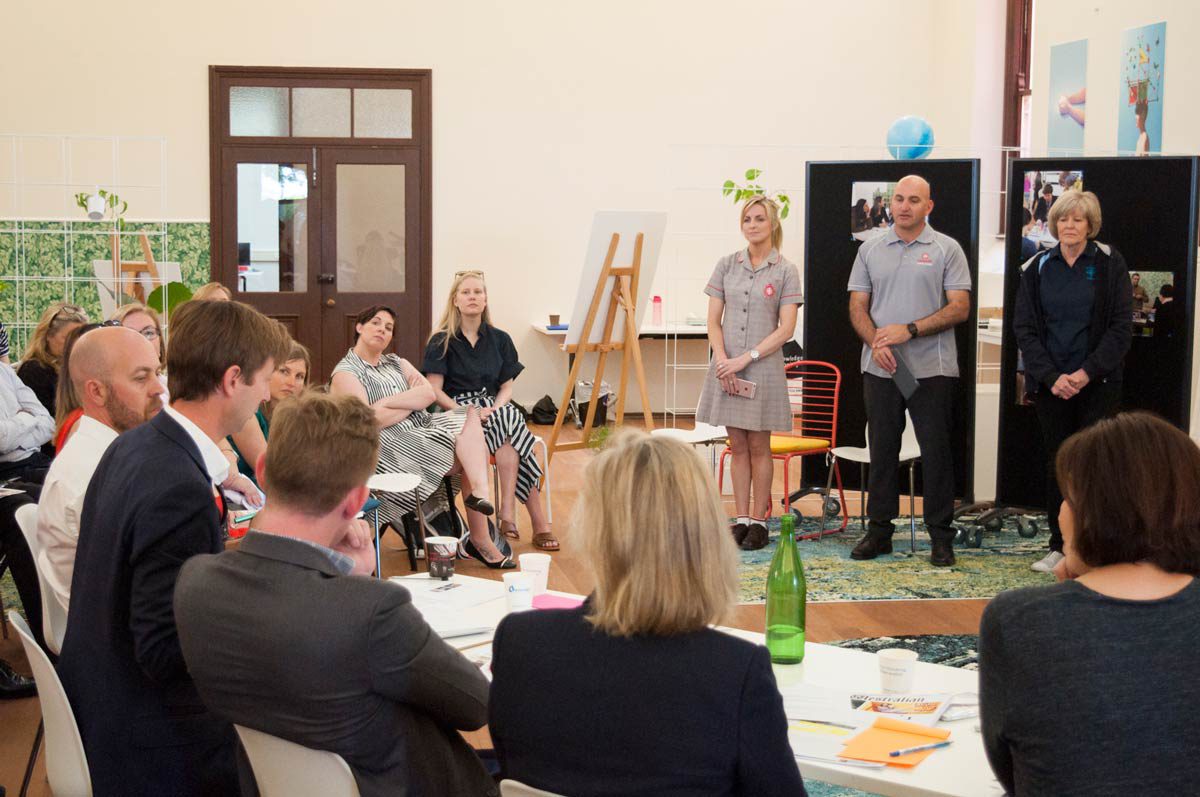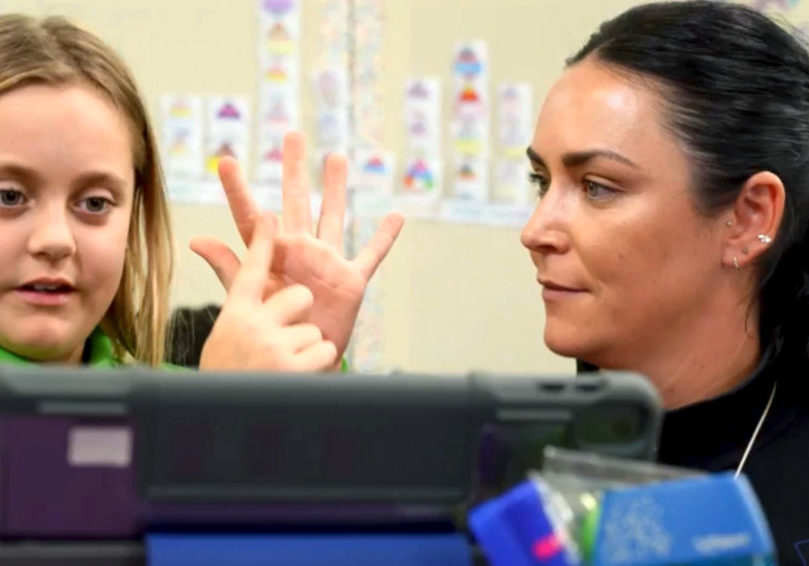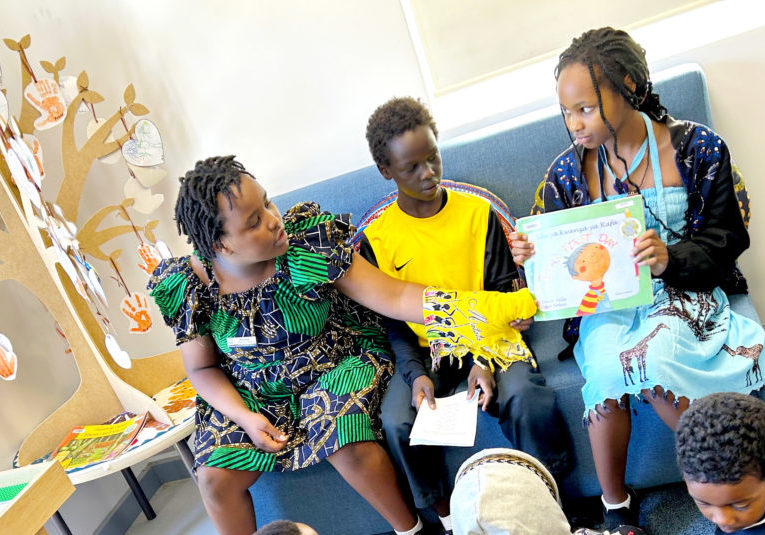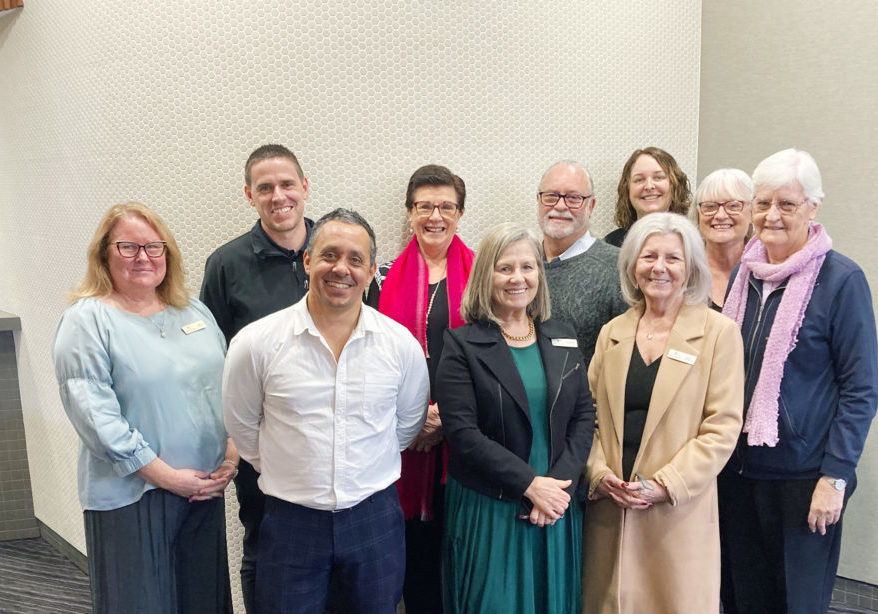Educators Spark a Curiosity Revolution in Catholic Education
02 December 2016
Over the course of twelve weeks this year, participants in the Studio Curious Design Thinking Accelerator convened to learn about design-thinking principles, and explore how they could enrich the Catholic Education Western Australia system.
A diverse group of forty CEWA teachers, principals and office staff worked together to identify challenges faced by the community. The intention was to build empathy, ideate and design prototypes of initiatives to improve Catholic Education WA, and to equip teachers and students alike with the skills required to face the twenty-first century with confidence, compassion and resilience.
The eight project teams then presented the prototypes to their peers, members of the CEWA executive, and external advisors, including Annie Fogarty from the Fogarty Foundation, an organisation that invests in education to enrich lives and provide opportunities for individuals to realise their potential.
Prototypes took the form of websites, films, animated presentations, newspapers and apps.
Some teams focused on tools, such as how to bring design thinking into classrooms, how to build empathy for students through shadowing, and how to create and reinforce teacher wellbeing through technology.
Others presented prototypes with a structural focus, including creating a culture of collaboration through clusters of schools, and a revolutionary ‘School Without Walls’ concept, guided by the philosophy that education should come from – and give back to – the community.
Studio Curious was created by CEWA in partnership with Knowledge Society, who provided the design-thinking expertise for the initiative.
Knowledge Society Chief Executive Officer, Elena Douglas, said that over the course of the accelerator program the Studio Curious project teams were encouraged to empathise deeply with students and staff to solve real-world problems.
A catch cry of Studio Curious was “fall in love with our community’s problems, not our solutions”.
“Teacher excellence and igniting students’ passion for learning were common themes, with teams presenting prototypes that addressed building system-wide passion for learning, creating clusters for teacher collaboration, keeping brilliant teachers in the classroom, and creating an inspired – and inspiring – Religious Education curriculum,” she said.
